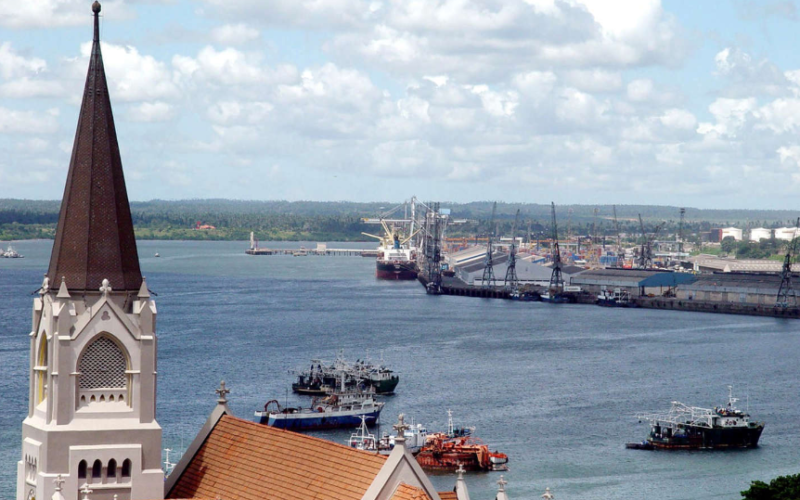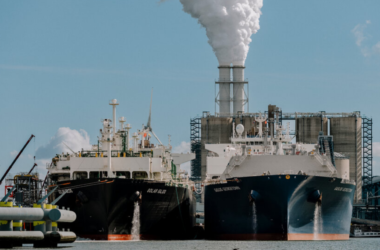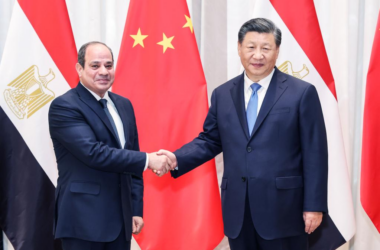In a move that has stirred both domestic and international discussions, the government of Tanzania has recently inked a port management agreement with Dubai-based DP World. This contentious deal, which has ignited protests and led to the arrests of numerous critics in the East African nation, has become a focal point of debate and controversy.
Tanzania Ports Authority Director General Plasduce Mbossa clarified that DP World, headquartered in the United Arab Emirates, will assume control over a specific portion of the Dar es Salaam Port, situated in the heart of the country’s financial capital. Contrary to some concerns, the company’s responsibilities are confined to the operation of four berths within the port, not the entire facility. Moreover, the agreement stipulates that DP World’s performance will be subject to review every five years throughout the 30-year contractual period.
The decision by the Tanzanian government to entrust a foreign logistics firm with the management of its ports has not gone without opposition and criticism. Members of the opposition and civil society have been vocal in their disapproval, contending that foreign involvement in such a pivotal sector raises concerns about national sovereignty and control. On the other hand, the government has defended its choice, arguing that this move is intended to enhance port efficiency and stimulate economic growth within the nation.
The controversy surrounding the DP World port management deal in Tanzania highlights the complex balance between bolstering economic development and maintaining domestic control over critical infrastructure. The government’s claim that this decision is aimed at boosting the efficiency of Tanzania’s ports and, in turn, fostering economic growth is a compelling argument. However, critics remain skeptical, emphasizing the importance of safeguarding national interests and ensuring the nation retains sovereignty over key strategic assets.
The outcome of this agreement and the subsequent impact on Tanzania’s economy and domestic governance will be closely monitored. As the debate continues, it underscores the significance of transparent, inclusive, and informed decision-making in matters that have far-reaching implications for a nation’s future.








